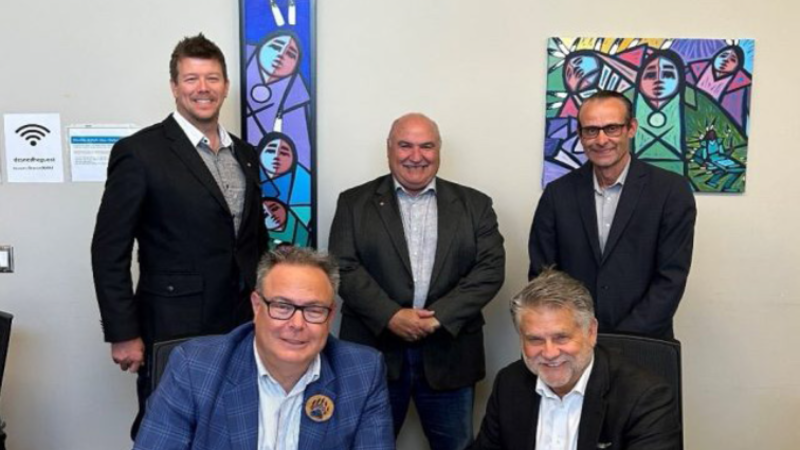Cold brings concerns for city’s homeless
As the temperature drops, concerns begin to build for Prince Albert’s homeless and at-risk community, who must occasionally rely on emergency services to get out of the cold.
The city’s only dedicated cold-weather shelter, the YWCA-managed Our House on 15th St., has seen nearly 200 clients this month, according to manager Edna Bruce. Our House opens 10 cots in their basement as a cold-weather shelter between October and April, Bruce said, but there’s not always enough room for everyone.
“We had one night where they turned away nine people and actually slept 12 here, because they put them on a couple of couches,” Bruce told paNOW. “For the month of November so far, as of yesterday, we had [sheltered] 194 people.”
When clients have to be turned away, Bruce said there are not a lot of options open to them. Mobile Crisis can be called, she said, but outside of their operating hours the homeless may be forced to rely on the city police or other emergency services to find them somewhere warm to stay.


